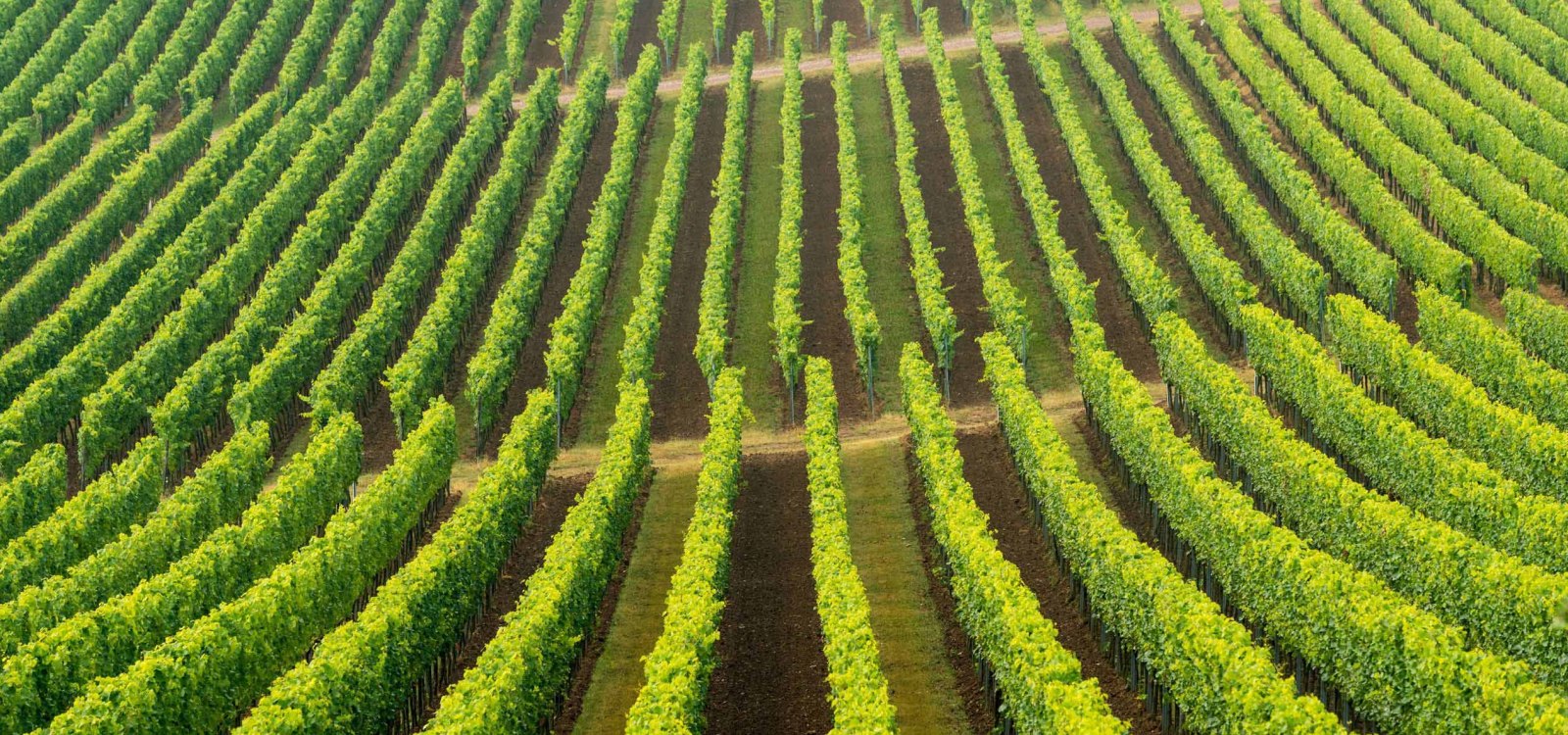
searchMenu



Unconventional nuns and lime algae grip Historical sources reveal that the prioress of Sion Abbey in 1297 was "incompetent" and "impudent" (or simply unusually self-confident in the face of male rule). The Cistercian nunnery was founded shortly before 1247 by Truchsess Werner von Alzey. The convent burned down during the Napoleonic Revolutionary War and stones were used to build houses in Mauchenheim. The name of the vineyard site and a newly rebuilt wall with a bronze plaque still commemorate the monastery today. Various grape…

Cheers to Count Casimir! Yes, Mettenheim had a castle; and a residential castle at that! It no longer exists, but there are many other historic buildings in the town center. Half-timbered houses, baroque church, count's rent office (chancellery and administration building) were built by count Johann Casimir Kolb von Wartenberg. From 1709 Mettenheim became the property of the counts of Wartenberg. The site name refers to a castle built in 1726. Mettenheim is located on the beautiful Rhine terrace. Hikers discover this region best via…

A weathered cross and two intersecting vineyards This is one of the oldest vineyards in Germany: it was mentioned in a document as early as 1307 with the name "an Seller Weg". The name goes back to a wayside cross on the road to Zell (Donnersbergkreis/Kirchheimbolanden). Saint Philip of Zell is said to have placed a weathered cross here in the 8th century. A special feature of the site: the border between southernmost Rheinhessen and northern Pfalz runs right through the middle of the vineyards. Excellent mineral Rieslings and Pinot Noirs…

Talk is silver, drinking is gold Were there silver deposits in Rheinhessen or in the village of Mommenheim? Questionable. The location was already mentioned in a document in 1436 with the name "in der silbergruben". A pit is a depression in the ground, so far so good. After all, Mommenheim is located at the foot of the Zornheimer Berg. The "silver" in the name of vineyards is usually meant metaphorically. Just like the term "gold." It underlines the value of the site. Rarely is the naming based on really shiny minerals, like galena…

Devotional, romantic or humorous? The location was mentioned in a document in 1750 with the name "in the rose garden". The planting of the noble flower, the rose, may have led to its name. Often, however, these vineyard anmen point to early medieval burial sites. Which of these is true, we do not know today. But the single vineyard is quite romantic today in spring - with pink blossoming almond trees. And is adorned by two trulli, small white round houses. The radio tower trullo looks particularly funny. A funny architectural ensemble…

The cool gold on the mountain "We think this location is fantastic! What name are we going to give it?" It must have gone like this or something similar. The golden mountains - Rheinhessen has numerous ones - stand by name for the general esteem in which they are held. Gold is not mined here. However, magnificent wines thrive on sand and clay marl as well as limestone, rare terra fusca, in the Monzernheimer Goldberg. Monzernheim vineyards are situated higher than others in Rheinhessen. In addition, the Goldberg is placed on a northeast…

Once tended by women Nuns once owned vineyards here. Hence the name. Which nunnery was it? If you read the history of Mörstadt, many monasteries were present in turn. Lorsch Monastery, Worms Cathedral Abbey, Otterberg Abbey. But is one of these meant? And was it a pure nunnery or was it a double monastery (i.e. for monks and nuns), but exclusively the nuns owned and tended the vineyards? Many question marks. What is clear today is that both women and men can produce tasty wines. No matter what religion or creed they belong to.…
Rheinhessenwein e.V.
Otto-Lilienthal-Straße 4
55232 Alzey
E-Mail: info@rheinhessenwein.deRheinhessenwein e.V.
Otto-Lilienthal-Straße 4
55232 Alzey
E-Mail: info@rheinhessenwein.de